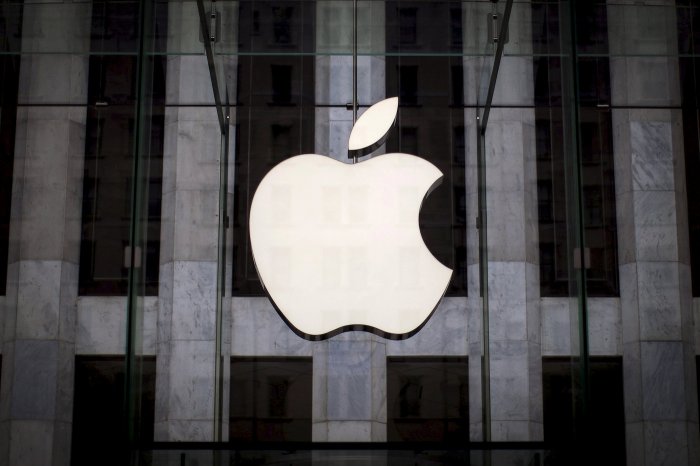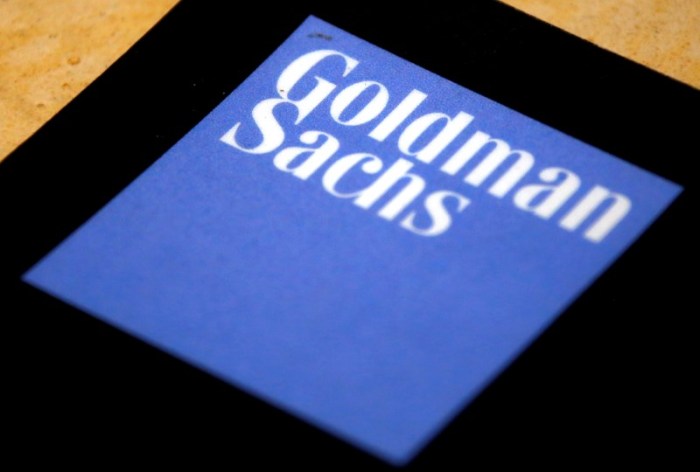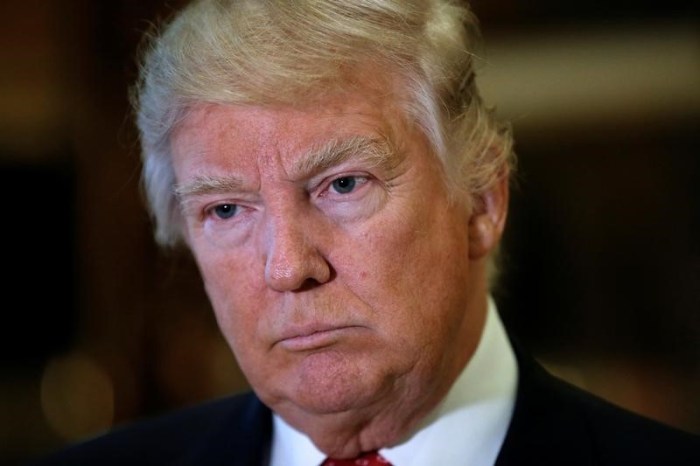By Jonathan Stempel
NEW YORK (Reuters) – A Manhattan hedge fund manager was charged on Wednesday with trading on confidential tips about drug approvals, in one of the biggest insider trading cases since a 2014 court ruling made it harder for U.S. prosecutors to pursue them. U.S. Attorney Preet Bharara in Manhattan accused Sanjay Valvani of Visium Asset Management LP of fraudulently making $25 million by gaining advance word about U.S. Food and Drug Administration approvals of generic drug applications. Prosecutors said the inside information was provided by Gordon Johnston, a consultant who got tips from a friend and former FDA colleague still working at the agency.
Valvani passed some of these tips to Christopher Plaford, then a Visium portfolio manager, who made his own illegal trades, prosecutors said.
“Sadly these are schemes we see time and time again, where lies and use of non-public information profits those conducting the crimes, and everyday investors lose out,” FBI Assistant Director-in-Charge Diego Rodriguez said in a statement. Prosecutors also accused Plaford and Stefan Lumiere, another former Visium portfolio manager, of fraudulently inflating the value and liquidity of a bond fund they oversaw by getting “sham” price quotations from brokers, in an effort to prevent investors from demanding their money back. “AN INNOCENT MAN”
Bharara has won dozens of insider trading convictions over the last several years, including of hedge fund manager Raj Rajaratnam and Steven A. Cohen’s firm SAC Capital Advisors.
But such cases became tougher to prosecute in December 2014 when a federal appeals court in Manhattan voided his convictions of hedge fund managers Todd Newman and Anthony Chiasson.
That court said prosecutors needed to show that traders knew the people who provided inside tips received something consequential in exchange.
Barry Berke, a lawyer for Valvani, in a statement accused Bharara of “stretching the facts and law to try to transform entirely innocent trading decisions into a crime.”
Berke also called Valvani “an innocent man whose investment decisions were always based on rigorous and entirely appropriate research and analysis.”
Valvani, 44, of Brooklyn, New York, pleaded not guilty in the U.S. District Court in Manhattan to five counts including securities fraud, wire fraud and conspiracy. He was freed on $5 million bond secured by his home. Lumiere, 45, of New York, was charged with securities fraud, wire fraud and conspiracy, and freed on $1 million bond after a brief court appearance. He did not enter a plea.
Johnston, 64, of Olney, Maryland, and Plaford, 38, of Bedford, New York, pleaded guilty earlier this month to related charges and are cooperating with prosecutors.
The U.S. Securities and Exchange Commission filed civil charges against all four defendants. It said Valvani’s illegal profit, including from other trades, was $32 million.
Lumiere’s lawyer Eric Creizman, Plaford’s lawyer David Smith and Johnston’s lawyer Christopher Mead declined to comment.
A MOMENTA TIP
Founded in 2005 by Jacob Gottlieb, who has a medical degree, Visium oversees about $7 billion of assets. Last month, The Wall Street Journal said investors asked to redeem about $1.5 billion after news of the federal probes surfaced. The Visium Global multi-strategy fund gained 10.2 percent in 2015, and the Visium Balanced healthcare fund rose 5.6 percent.
“I am deeply saddened by today’s events,” Gottlieb said in an email. Visium was not charged.
Valvani’s alleged scheme ran from 2005 to 2011, centered on “political intelligence” that Johnston got from his former colleague at the FDA,] where he was once deputy director of the Office of Generic Drugs. According to court papers, Visium paid Johnston hundreds of thousands of dollars over the years, but Valvani asked its chief financial officer in a Jan. 6, 2010 email to award a raise.
Johnston “is without question the most valuable consultant I’ve ever worked with and I’m pushing to reinforce the value of the relationship and encourage him to continue to go above and beyond for our team,” Valvani allegedly wrote. Prosecutors said he did just that, sending tips about Momenta Pharmaceuticals Inc’s After Momenta won approval in July 2010, causing its stock to rise 82 percent in one day, Valvani made $25 million from selling his Momenta stock, and closing bets that Sanofi stock would fall because of the new competition, prosecutors said. The SEC said Valvani reaped another $7 million by later selling Momenta short, based on tips that Watson Pharmaceuticals Inc might also win approval for a Lovenox generic.
These trades helped Valvani receive bonuses topping $11.5 million in 2010 and $10.5 million in 2011, dwarfing his $2.5 million bonus in 2009, the SEC said.
Prosecutors said Valvani called Johnston in January 2011 to end their relationship, “in the wake of news reports of insider trading investigations.”
(This story corrects name in 17th paragraph to Jacob Gottlieb)
(Reporting by Jonathan Stempel in New York, additional reporting by Svea Herbst-Bayliss and Brendan Pierson in New York; editing by Lisa Von Ahn and Andrew Hay)
















